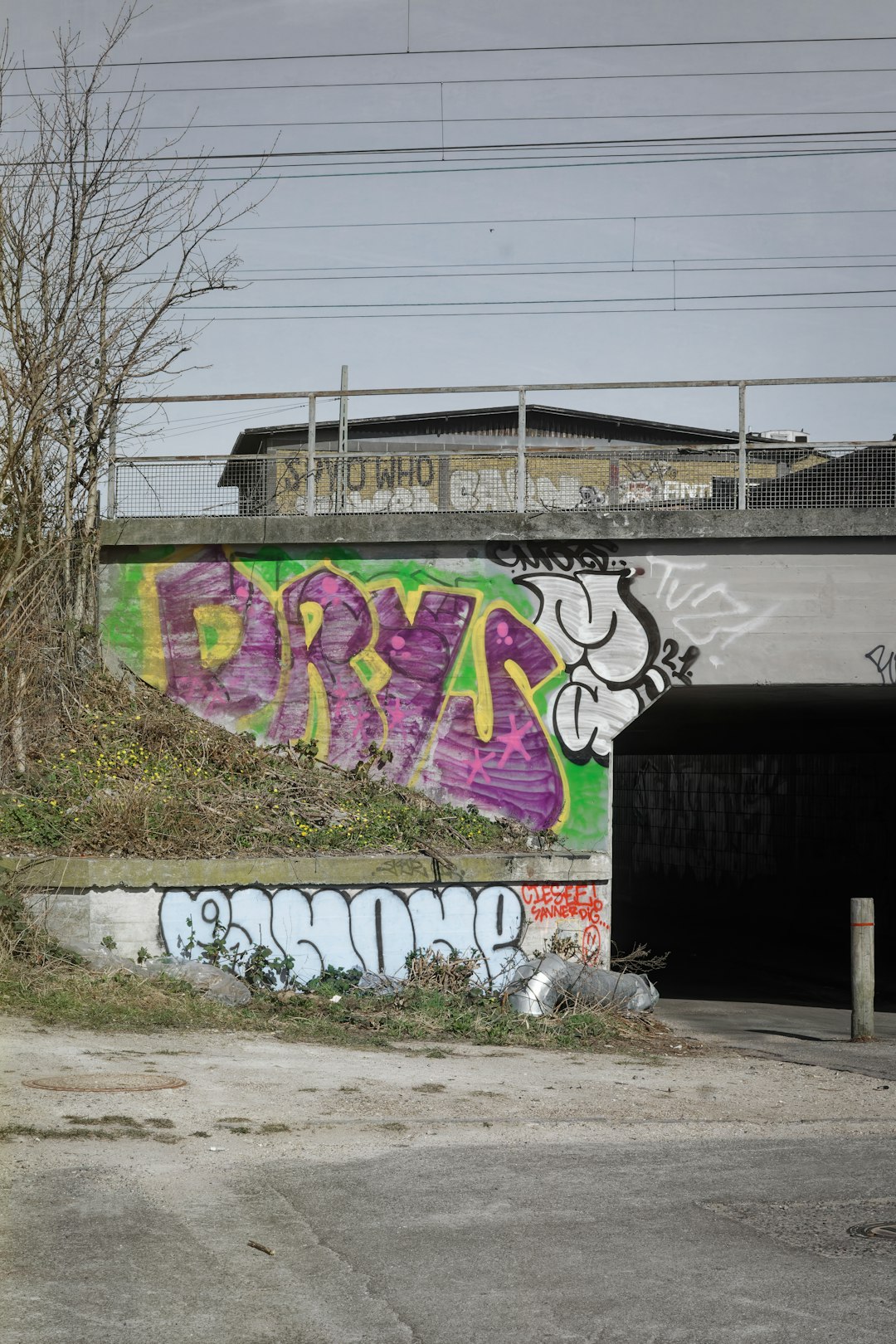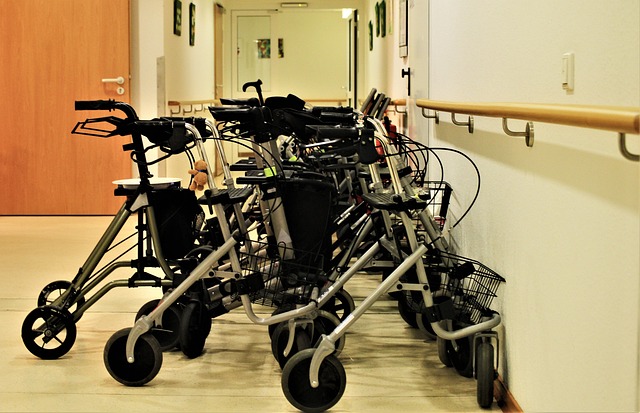Elderly sexual assault lawyers Indianapolis play a vital role in protecting vulnerable seniors in care facilities by advocating for their rights and ensuring safety. Balancing autonomy and security, they navigate challenges like inadequate staffing, privacy concerns, cognitive decline, and cultural attitudes to create safer environments. Through legal frameworks, they promote transparency, accountability, and tailored strategies to prevent and respond to elderly sexual assault in Indianapolis care facilities.
In Indianapolis, ensuring the safety and autonomy of elderly residents in care facilities presents unique policy challenges. As our population ages, protecting vulnerable adults from abuse and exploitation—including potential instances of elderly sexual assault—has become a pressing concern. This article delves into the intricate dynamics between senior autonomy and safety, exploring legal frameworks designed to safeguard vulnerable adults and examining case studies specific to Indianapolis. It offers strategies for care facilities to balance privacy and security, addressing critical issues faced by elderly sexual assault lawyers in the city.
Understanding Elderly Autonomy and Safety Dynamics

Elderly individuals in care facilities often face a delicate balance between maintaining their autonomy and ensuring their safety, especially regarding sensitive matters like personal hygiene and medical care. Respecting their independence is paramount, as it contributes to their overall well-being and sense of dignity. However, this must be carefully navigated to prevent potential risks, including neglect or even elderly sexual assault.
In Indianapolis, where the legal system has seen an increase in cases involving elderly victims, understanding these dynamics is crucial. Elderly sexual assault lawyers play a vital role in advocating for their clients’ rights while addressing the unique challenges within care facilities. They ensure that policies and practices respect individual autonomy while implementing safeguards to protect residents from harm, fostering a safer environment for all.
Legal Frameworks for Protecting Vulnerable Adults

In Indianapolis, the legal frameworks designed to protect vulnerable adults, including the elderly, are multifaceted and crucial in maintaining a balance between autonomy and safety within care facilities. These frameworks encompass various state and federal laws that aim to prevent abuse, neglect, and exploitation—issues that can range from physical harm to more insidious forms of abuse, such as elderly sexual assault. Lawyers specializing in elderly sexual assault cases in Indianapolis play a significant role in upholding these protections. They ensure that care facilities adhere to strict standards of care, promote transparency, and hold institutions accountable for any violations that may compromise the safety and dignity of residents.
Key legal instruments include the Elder Law, which provides a comprehensive set of guidelines for the protection of elderly individuals, and the Health Insurance Portability and Accountability Act (HIPAA), which safeguards personal health information. Additionally, federal regulations under the Nursing Home Reform Act mandate minimum standards of care, including measures to prevent sexual abuse and harassment. Indianapolis-based elderly sexual assault lawyers help interpret and enforce these laws, ensuring that care facilities prioritize resident safety while respecting their autonomy within a regulated environment.
Challenges in Care Facilities: A Case Study of Indianapolis

Indianapolis, a vibrant city with a diverse population, also faces significant challenges in balancing elder safety and autonomy within its care facilities. The growing number of elderly residents requires careful consideration to ensure their well-being without compromising their independence. One pressing issue is the prevention and response to potential sexual assault, an important concern for both families and advocates alike. Elderly sexual assault lawyers Indianapolis have been instrumental in highlighting these issues, pushing for stricter policies and more transparent practices within care homes.
The case study of Indianapolis reveals a complex web of factors that contribute to these challenges. Limited staff-to-resident ratios, coupled with staffing shortages, can make it difficult to provide continuous supervision. This is further complicated by the need to respect residents’ privacy and autonomy, which may be at odds with ensuring their physical safety, especially in cases where cognitive decline or frailty can leave them vulnerable. Adding to this, cultural and societal attitudes towards aging and sexuality can create a sensitive environment, necessitating tailored strategies for effective intervention and support.
Strategies to Balance Privacy and Security for Seniors

Creating a safe environment for seniors in care facilities while preserving their autonomy is a delicate balance. To protect them from potential harm, including preventing and addressing elderly sexual assault, Indianapolis care facilities must implement robust security measures. This includes enhancing physical security with surveillance systems, restricted access areas, and well-lit common spaces. Staff training on recognizing red flags and responding appropriately to suspicious behavior is also crucial.
Privacy, another critical aspect, can be maintained through strategic placement of cameras, ensuring residents’ personal spaces remain respected, and implementing strict protocols for visitor access. Elderly sexual assault lawyers in Indianapolis emphasize the importance of a culture that prioritizes consent, respects individual choices, and fosters open communication to foster an environment where seniors feel safe expressing their needs and concerns.






